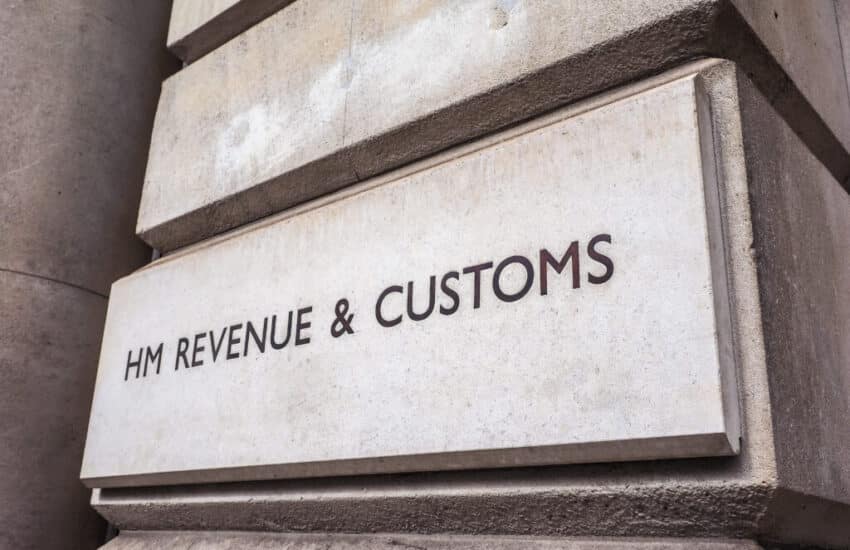A group of MPs has accused HM Revenue & Customs of “misleading” a parliamentary committee, and possibly breaking the civil service code, by withholding “embarrassing” information about how it had engaged at least 15 contractors who used tax avoidance schemes while working for the tax agency.
In a report on Wednesday, the all-party group of MPs and peers claimed that HMRC had put the management of its reputation “ahead of telling the truth”.
HMRC rejected the claim, saying its leaders had not misled parliamentarians, and that it was possible for contractors to use such schemes without the participation or knowledge of the organisation that had hired them.
The row involves the “loan charge”, a government measure originally announced in 2016 that is designed to claw back unpaid taxes from people who, HMRC says, used so-called “disguised remuneration” tax avoidance schemes.
Under these often complex schemes, external contractors – ranging from IT workers to locum nurses – were paid using loans rather than salaries, thus sidestepping usual income tax and national insurance arrangements.
Rows about the issue have raged for years, with claims that many individuals have been unfairly landed with “life-changing” demands for repayment, even though they often believed they had little or no choice but to enter into these schemes.
HMRC’s position has long been that these arrangements “do not work” and that it has warned against the use of tax avoidance schemes for years.
The all-party parliamentary loan charge group is made up of MPs and peers who have “concerns” about this issue, and its secretariat is staffed and funded by the Loan Charge Action Group campaign. The parliamentary group has now published a letter and report on HMRC’s own use of contractors using disguised remuneration schemes, including arrangements subject to the loan charge.
The group said Freedom of Information requests had revealed that at least 15 contractors using disguised remuneration schemes had worked for HMRC and its wholly owned division Revenue and Customs Digital Technology Services (RCDTS) between 2016 and 2020, and that as recently as July 2020, HMRC and its subsidiary still had a contractor using one of these schemes.
The report stated: “It is clear there were indeed contractors working for HMRC, as well as government departments, using loan arrangements. The fact that HMRC has tried to evade questions on this matter is disgraceful and, we believe, a clear attempt to seek to cover up this embarrassing fact.”
It added: “The whole farce of the loan charge fiasco is surely demonstrated no more powerfully than by the fact that HMRC itself was using contractors engaged on what they now claim to be ‘aggressive’ and ‘defective’ tax avoidance arrangements. As well as not acting at the time to close these down, it also follows that HMRC was therefore also embroiled in such tax avoidance arrangements.”
HMRC had previously been asked several times, including by the House of Lords economic affairs committee in late 2018, if it had employed contractors making use of such arrangements, and the report claims the tax collection agency had refused to directly answer this question.
HMRC had instead, the report claims, “put management of their reputation and public relations ahead of telling the truth, including to the point of providing statements designed to give a misleading impression and withholding the truth when they discovered it. This is simply not acceptable for any governmental body and may … represent a breach of the civil service code”.
An HMRC spokesperson said: “HMRC senior leaders did not mislead members of the House of Lords, and we have never endorsed or participated in disguised remuneration tax avoidance schemes. It is possible for contractors to use disguised remuneration without the participation or knowledge of their engager. Whenever it is or has been discovered that a contractor providing services to HMRC or RCDTS is currently using a disguised remuneration scheme, we have acted and will act promptly to terminate the relevant engagements.”
The spokesperson added: “We continue to warn people about the risks of using tax avoidance schemes, and our advice remains the same – if something looks too good to be true, it almost certainly is.”


